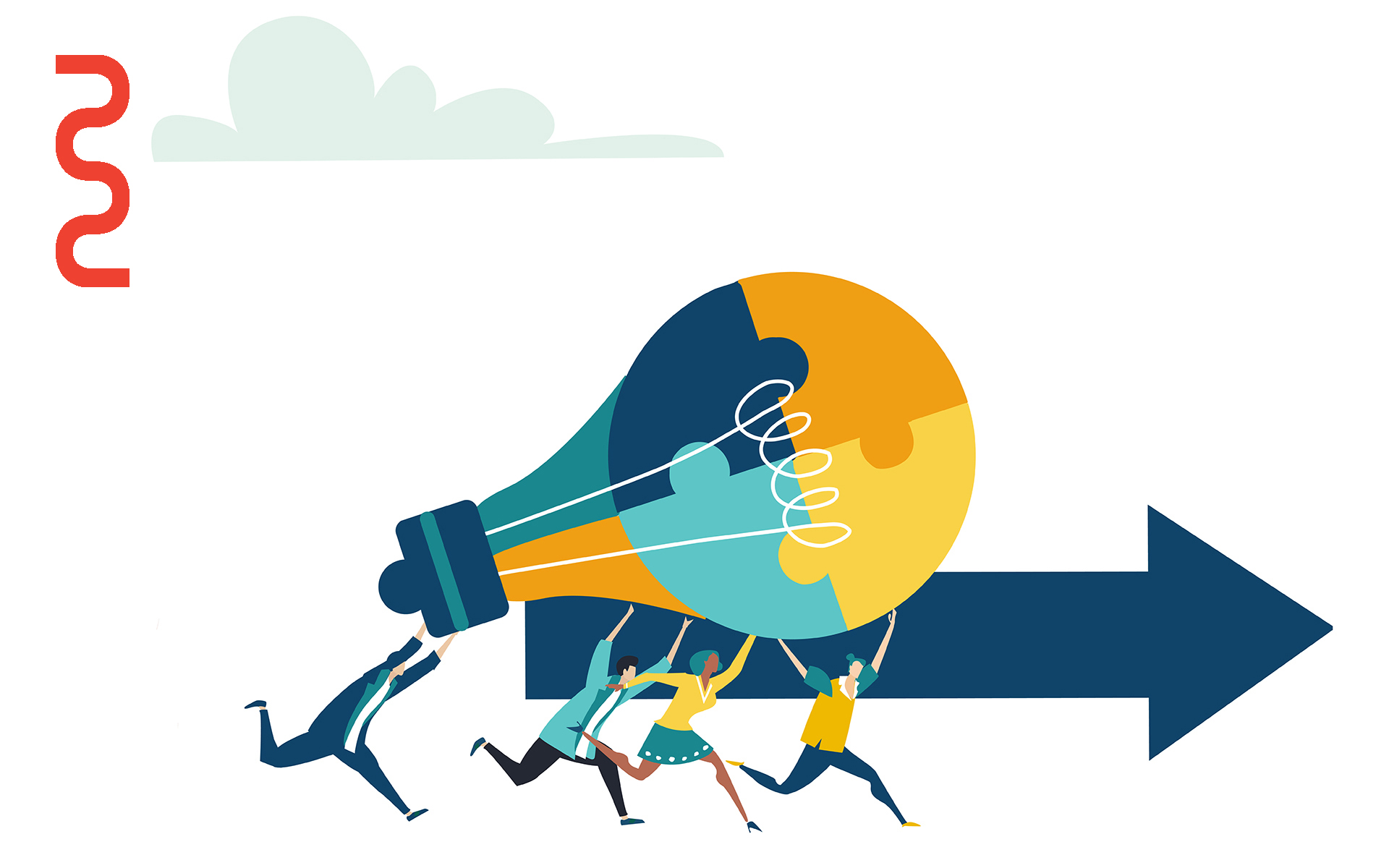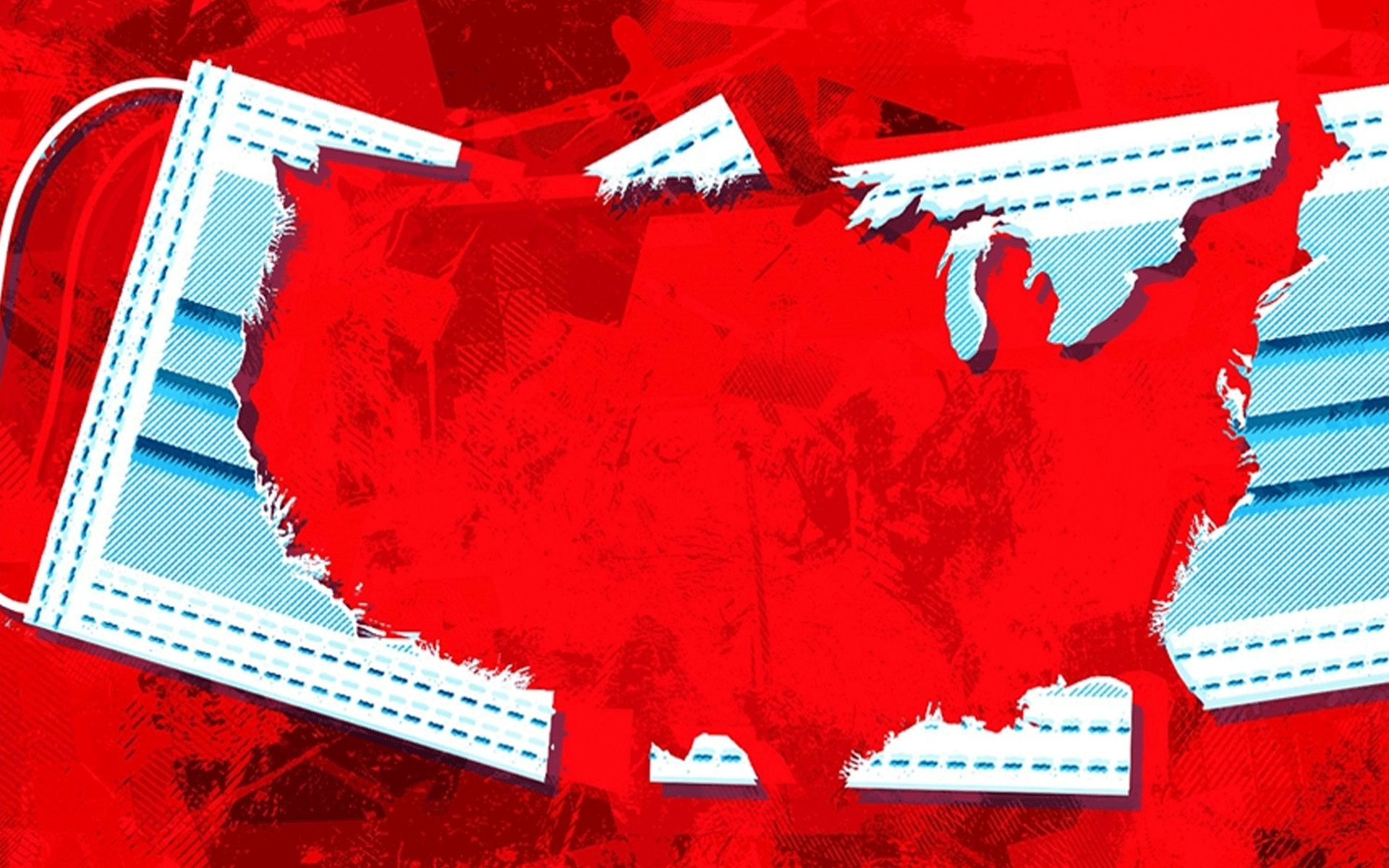With millions newly unemployed, it’s unclear what the prospects of former startup employees will be.
As financial markets tumble, investors are pulling funding from startups. Sales for anything but bare essentials have evaporated, while progress on product development and market testing has halted for work that requires in-person collaboration.
Many existing bailout plans are targeted for larger enterprises in industries like aviation and tourism. While limited resources are explicitly earmarked for startups and other small enterprises, they come with stringent criteria, and complex and slow application processes.
Many startups already function without cash reserves and lines of credits. Unlike larger resource-rich companies, startups are unable to make pledges to avoid layoffs. This confluence of events means that startups and the jobs within them are vanishing and at a pace that likely exceeds job dissolution in larger, more established firms.
An abrupt ending
The CEO of a startup I’ve been studying for more than two years was forced to cut costs by 50 per cent at the request of a cash-strapped investor. He accomplished this by slashing his own salary to nothing, eliminating positions in the management and sales teams, closing a physical office, and severing outsourcing arrangements.
Days later, his major investor said these cuts were inadequate. The CEO explored alternatives, including cutting back to a skeletal staff and seeking government funding to help get through this time. His company fell through the cracks of any bailout schemes. Cutting back staff would halt any progress in product development and the ability to complete desperately needed sales.
He shuttered the company 10 days after making his first round of cuts, leaving more than 30 employees without jobs. He’s working with investors to offer former employees up to a month’s severance. He and another member of the management team are on WhatsApp and email offering support to former employees as they work through the end of the organization and formulate plans to help them enter an extremely challenging labour market.
For months before the coronavirus hit, many of the employees were already concerned about whether the company would ever find the right market fit. Yet, the investors remained prepared to keep investing to bring a fully developed product to market until the pandemic.
Hastening the demise
Versions of this story are unfolding in startups and small enterprises globally. Some are limping by with pay cuts, furloughs, layoffs, and other cost-cutting measures. For many others, the coronavirus has brought about their demise.
The specific circumstances vary. Acquisitions fall through. Startups fail to find product market fit. Their technologies never reach their full potential.
Funding for some startups may have been drying up already. Other startups may have been on the road to closure for some time with the coronavirus simply accelerating the inevitable. We’ll never know if the startups that failed might have made it through in other circumstances.
Working for startups is a risky proposition for employees in the best of times. Over the past four years, my team and I have conducted more than 200 interviews with people seeking jobs and working in startups and those doing the hiring.
The tradeoffs of working for startups
Most of them recognize the tradeoffs inherent to working for a startup. They accept lower levels of stability, salary, career opportunities and resources in exchange for being able to have a larger effect on the direction of the business and greater flexibility in their roles.
When asked what they would do if their organization failed, many said that they would seek a similar role in another startup.
This risk-taking made sense in a thriving ecosystem where startups were scrambling to find talent and a new job was often just days away. Yet it’s not clear how well startup experience transfers to more established companies. In tight labour markets, it may be valued. When millions are newly unemployed, it is less clear what the prospects of former startup employees will be.
Not the same for everyone
This is just one of the many ways that the effects of the coronavirus are unequal. The disease itself has not hit jurisdictions, countries, continents or demographic groups at an even pace. The economic costs of coping with the disease are not equal for already impoverished communities and those with deeper resources.
Jobs are also vanishing for those working in brick-and-mortar retail and restaurants, and for many gig workers who were rarely in the best paying, most secure jobs to begin with. Nor are the lingering after-effects of this crisis likely to be felt in the same way by all.
Still some are predicting a renaissance boom following this pandemic with a wave of innovations leading to the founding of new startups.
After all, the original Renaissance followed the Black Death. Crises of many varieties may plant the seeds of innovation.
But little is known about what a new renaissance would look like — and who will reap its benefits.














